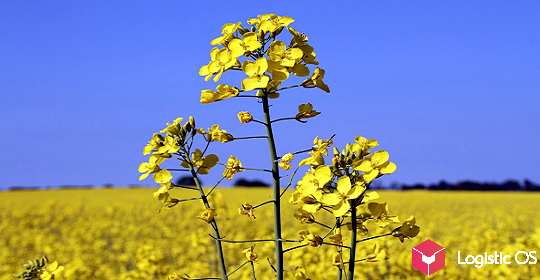Analysts note that in recent years, Russia has managed to change its status in the oil market: instead of an importer, it has become a serious exporter.
Not so long ago, Russia was a net importer of soybeans and palm oil. But today it has become the world’s largest exporter of sunflower oil, as well as an important supplier of rapeseed oil.
Last year, about 5.7 million tons of sunflower oil were shipped abroad. This is a 30% increase compared to 2023.
In addition, for the first time in history, it was possible to overcome the 5 million tons mark.
It is emphasized that the growth was mainly possible due to Asian countries. Among them, first of all, India, which accounted for as much as 40% of Russian oil exports.
In addition, Turkey also increased supply volumes by 50%, to about 800 thousand tons. At the same time, China reduced purchases to 600 thousand tons per year, which is a drop of 35%.
Experts note that several factors have contributed to record results in sunflower oil exports.
The first of these is the high volumes of sunflower processing into oil within the country. At the same time, processing capacities are still far from being fully utilized, so there are ample opportunities for future development.
In addition, there is a favorable situation on the world market.
Due to the rise in the price of palm oil, it has become almost as expensive as sunflower oil. But the latter is of higher quality, so many countries have decided to increase its purchases.
Another reason for increasing vegetable oil exports is the protective duty on sunflower exports, which is currently set at about 100 euros per ton.
An exception is other oilseeds that are not so strictly controlled. For example, flax, safflower, coriander and mustard, for which the duty does not apply.
As for rapeseed oil, Russia is one of the three world leaders in terms of supply volumes.
The export volume for 2024 was 1.1 million tons. However, this is a significant drop of 30% compared to 2023.
At the same time, more than 90% of Russian rapeseed oil is currently sent to China, which makes one think about diversifying buyers. For example, the drop in 2024 was due precisely to the fact that China reduced its purchase volumes.
Nevertheless, the Russian Federation retained 15% of the rapeseed oil market last year. There is reason to believe that this share may even increase in the future.

